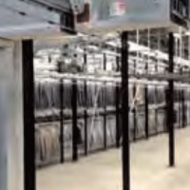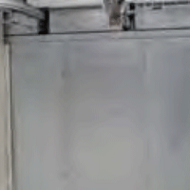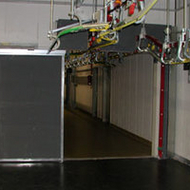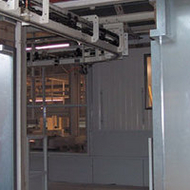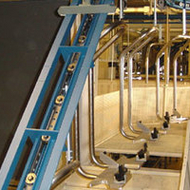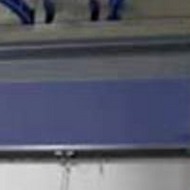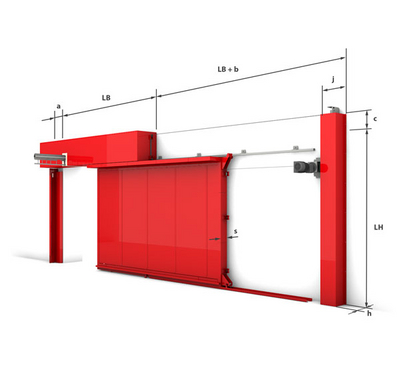
Product description
Combination of gate and collar for complex conveyor systemsECClos-K is the robust and safe gate solution for circular conveyors and Power&Free Systems. The system uses intumescent collars to safely shield continuous circular conveyors and is also suitable for the passage of several conveyor lines. The damper in sandwich design features is completely enclosed by a sheet metal casing and thus very sturdy. Especially convenient for transport and easy installation: ECClos-K is delivered in compact segments that are easy to assemble.

Type | Fire protection closure as part of track-bound conveyor systems |
Proof of usability | Application for ETB pending |
Closing direction | from right to left • from the bottom to the top • from left to right |
Fire resistance | EI1 120 • tested according to DIN EN 1366-7 • classified according to DIN EN 13501-2 |
Closing cycles | C2 |
Re-opening | electromotive (standard) |
Conveyor system | Circular conveyor • Power & Free systems • Continuous circular conveyor • Continuous overhead conveyor |

